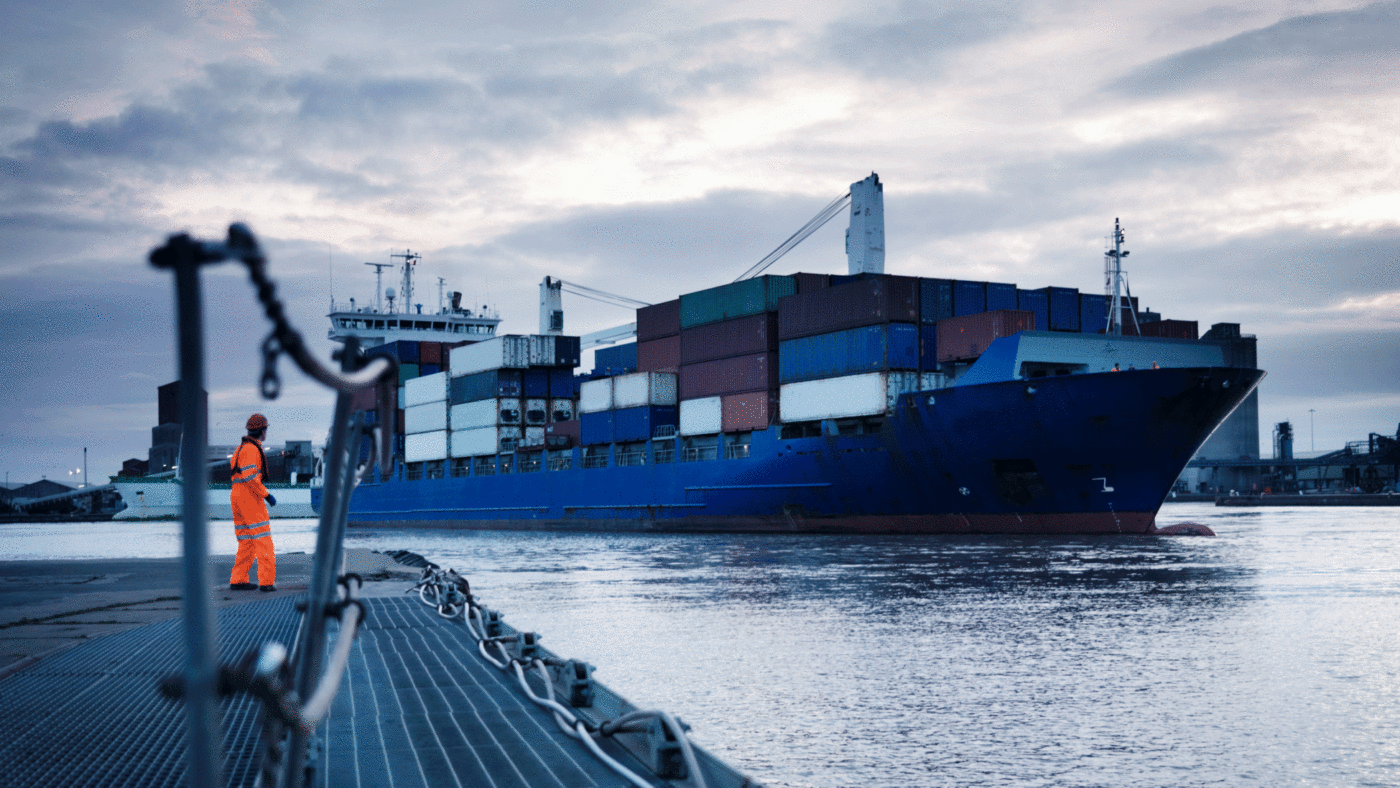The EU’s refusal to change its position on the Irish backstop is the clearest sign yet that we are headed for a No Deal Brexit. It followed the leak of a cross-government study warning of food and medicine shortages in such an event, even if Michael Gove dismissed the dossier as ‘an attempt, in the past, to work out the worst situation would be’.
That £2.1 billion was made available in the event of No Deal was unquestionably the right thing to do. Much of it will support border and customs operations by improving training, as well as the infrastructure and connectivity, around our ports.
But though this is encouraging – in that it reflects an understanding of the importance of the shipping sector – it isn’t enough. One need not study the language surrounding the leaked report to conclude that we are striving for the mitigation of negative effects, rather than outright success. Our ports have done excellent work identifying a Strategic Freight Network for the UK, the improvement of which would cost around £14.2 billion. Putting the work in now will not only ‘mitigate’ the damaging consequences of crashing out of the EU, but will put us on the road to making a success of our departure as well.
To this end, the shipping sector has been collaborating closely with the government, the ports and wider industry. But though ours is an innately agile and adaptable sector—one that will adjust to the needs of businesses and consumers post-Brexit—a scenario in which we leave the EU without a deal remains the most disruptive of all possible outcomes. The complex logistics network that has allowed the economies of Britain and Europe to develop is at risk, and our single greatest threat is the loss of trade volumes in the longer term.
It may well be true that terms like ‘No Deal’ have lost their emotional impact through repeated use. But as interested stakeholders in the economic welfare of the UK, we have a responsibility to raise our concerns. As a sector that employees 50,000 people and moves 95% of the UK’s international trade, we must point out that there is a direct relationship between political decisions and the daily lives of ordinary people. It is a fact that No Deal represents the most drastic dislocation of trading links with the EU for a generation. We can’t be sure that deliveries of agricultural products, food, pharmaceuticals, and more besides will be unaffected.
But shipping is just one sector. All businesses require the efficient movement of goods in order to function properly, and supply chains unravel quickly even in the case of temporary disruption. With the need to store goods and the introduction of tariffs, costs will rise. The Government must prepare these businesses if they are to endure during this time of economic turbulence. If it fails to do so—and smaller producers in particular are vulnerable—then, simply put, those businesses will suffer. Moreover, if the damage is too great, they may never recover.
We depend for our security, economic and otherwise, on international trading links and international relations, and UK Shipping has always been at the forefront of that engagement. The impact of Brexit will be felt extensively across our industry and our collective preparations for 31 October must reflect this reality. As the sector that moves almost all the country’s imports and exports—and one that will only grow more decisive as we look to strike trade deals around the world—it’s vital that we are heard. We occupy a unique position in the British economic landscape with a unique view of the web of connections that will be shaken by the forces of an unmanaged Brexit.
For these reasons, we ask the Government to state exactly what procedures and processes are in place on both sides of the Channel, and to allocate the necessary resources to support customs, immigration and security. We ask for closer cooperation with the wider logistics community, who know better than anyone else what the logistical consequences of a no-deal Brexit will be. And, for the sake of every ‘link’ in the vast pan-European supply chain, which relies on fast, frictionless trade, we must, must do everything we can to strike a deal before the 31st October comes around.
CapX depends on the generosity of its readers. If you value what we do, please consider making a donation.


